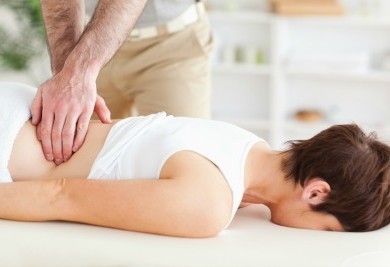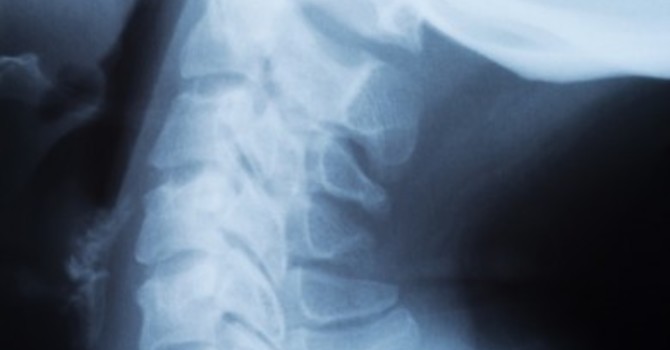
Your posture has a significant impact on your health since it affects how you perform without experiencing fatigue or stress easily. If you know how to sit, stand or sleep with the right posture, you can expect yourself to remain vibrant and energetic all day. Thus, you can achieve physical fitness by maintaining the right posture at all times.
Why Maintain the Right Posture?
Some people assume that proper posture is something that they can adopt easily, yet they go through years of being unaware of the right way of sitting, sleeping or standing. There are even some fitness experts and practitioners that pay very little attention to proper posture. However, posture is as significant as maintaining the right diet since it impacts every action you make. When you develop a poor posture, you are also limiting your body to its full potentials. You become more prone to injury, and that is not something you need in your life.
Common Issues Linked with Poor Sleep Posture
If you keep up with an inappropriate sleep posture, you may experience a number of health issues such as the following:
1. Stiff Joints
You become at risk of osteoarthritis, which is a type of condition due to wear and tear of your joints. With poor posture, you can also experience limited mobility that is likely to worsen over time.
2. Tight Muscles
According to researchers, at least 80 percent of back and neck issues are caused by tight muscles that developed because of poor posture. Thus, you may experience a significant change in your ligaments and muscles after several years of maintaining poor posture when you sleep.
3. Chronic Fatigue
When you fail to improve your posture, your muscles are expected to work very hard to keep you in the right position. As a result, you end up feeling more tired as your body wastes unnecessary amounts of energy.
Considering these effects of poor posture to your health, it is best to find the best sleeping position that is good for you. Ideally, it may help to sleep on one side with your head properly supported by a pillow and your knees bent. You may also lie on your back, but make sure you use a smaller pillow to support your neck.





